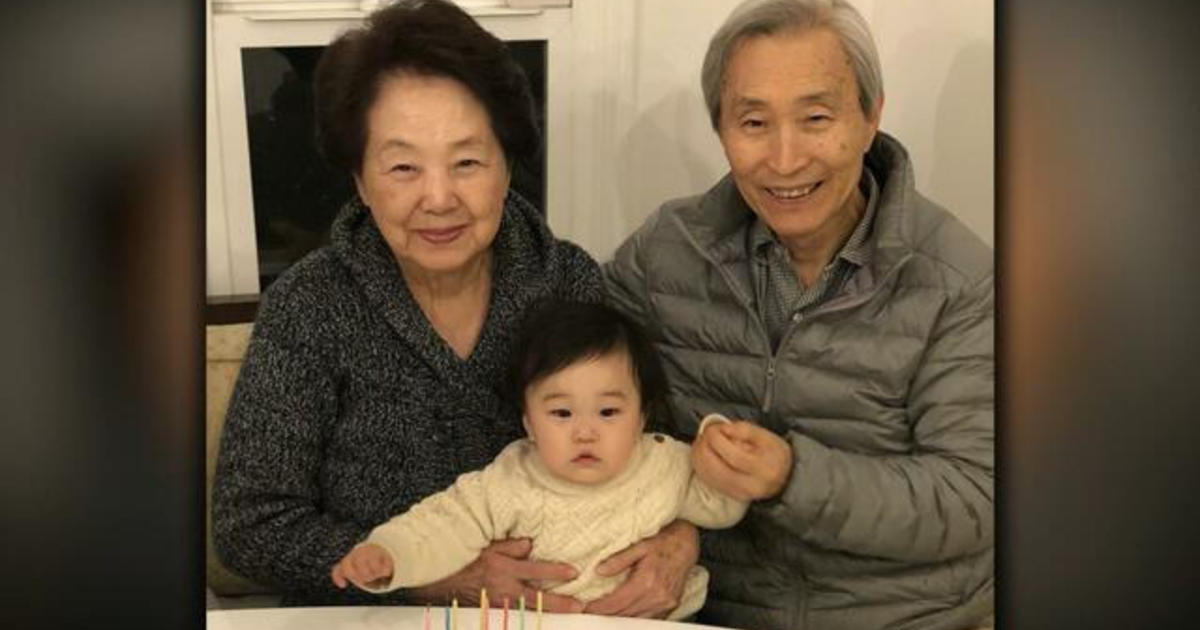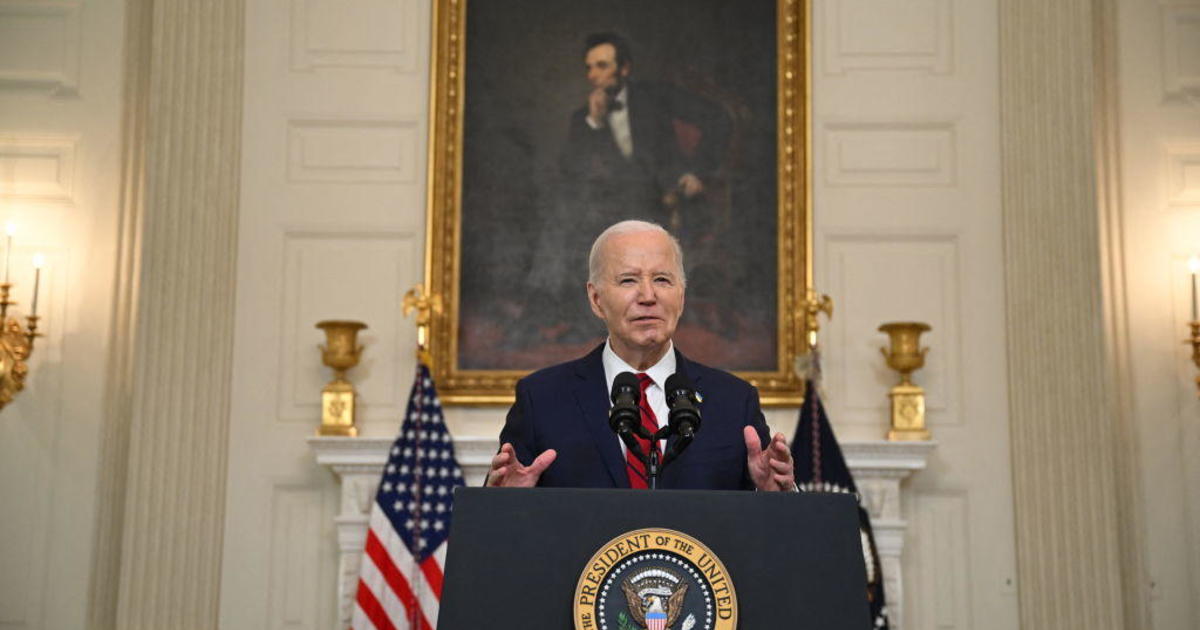Fauci urges Black community to be confident in COVID-19 vaccine: "The time is now to put skepticism aside"
Dr. Anthony Fauci on Tuesday urged confidence in coronavirus vaccines during a conversation with leaders of a coalition of Black doctors, faith leaders, and academics. Black Americans are nearly three times more likely to die from the virus than their White counterparts, the CDC says, but because of a long history of mistrust, studies suggest Black Americans are less likely to get vaccinated than other ethnic groups.
"I, myself, will be perfectly comfortable with taking the vaccine and I will recommend it for my family," said Fauci, the nation's top infectious disease doctor.
The conversation comes as two coronavirus vaccines are awaiting approval from the Federal Drug Administration. More than 280,000 Americans have died from the virus, which has infected over 15 million people across the country, according to Johns Hopkins University.
Fauci pointed to the work of his colleague Dr. Kizzmekia Corbett, a Black scientist who leads the National Institutes of Health's vaccine research and is "at the forefront" of Moderna Inc.'s vaccine development.
"The first thing you might wanna say to my African American brothers and sisters is that the vaccine you're going to be taking was developed by an African American woman — and that's just a fact," Fauci said. "I think that's one of the things that people don't fully appreciate."
FDA scientists on Tuesday said Pfizer's vaccine offers Americans strong protection and is up to 95% effective after two doses. The scientists found protection begins within 10 days of the first dose and said it's effective no matter the person's race, age, and weight. They said there are no major side-effects beyond fever, fatigue, and muscle aches.
The Black community's distrust of the American medical establishment is often traced back to a history of mistreatment. One of the most notorious examples is often referred to as the "Tuskegee Syphilis Experiment." In 1932, the Public Health Service began working with the Tuskegee Institute to examine the progression of syphilis in Black men in Alabama.
Hundreds of Black men were told they were being treated, but nearly 40 years later, a report from The Associated Press revealed they went untreated and were misled about the experiment. The families of the men were later granted a $10 million settlement and continued health benefits but the incident remains on the minds of the Black community.
Fauci on Tuesday acknowledged the history of mistreatment, saying he fully respects the underlying skepticism of Black Americans. "The terrible and shameful things that happened a long time ago are inexcusable," Fauci said Tuesday. "It would be doubly tragic that the lingering effects of that prevent you from doing something so important."
"The time is now to put skepticism aside," Fauci said. "You'll be saving yourself and your family illness, as well as that of your community."



